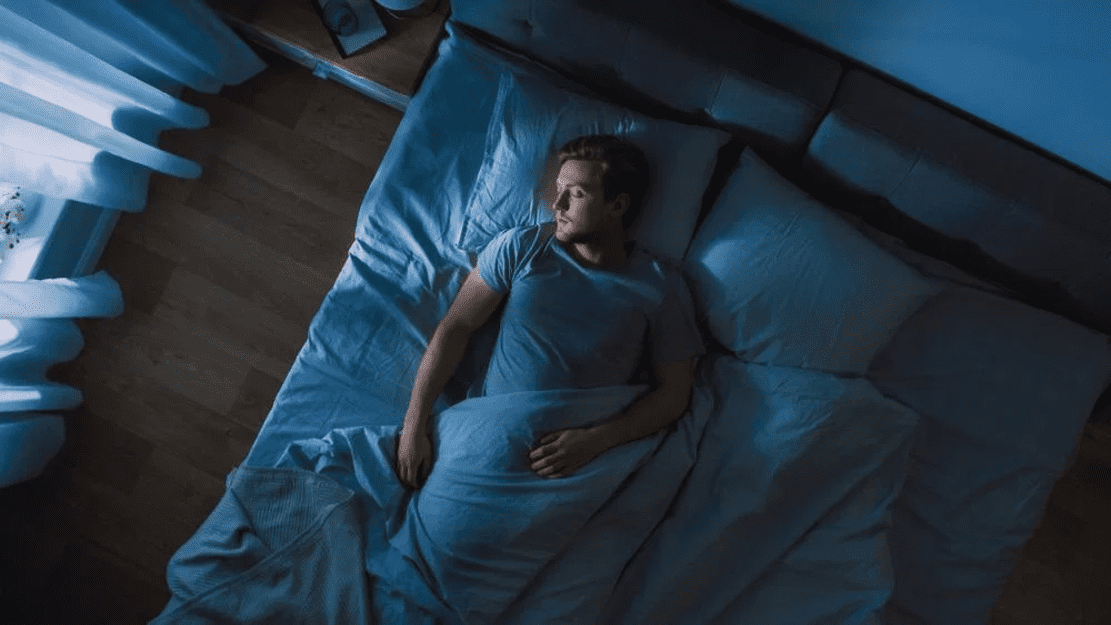19.03.2025
The secret to feeling rested the next day? Sleep smarter
Tired even after eight hours of sleep? More hours won’t fix exhaustion – better sleep will. Here’s why quality trumps quantity when it comes to real rest.

Words: Cynthia Jetan, a certified nutritionist from LAC Malaysia and Dr. Anusha Nair Gangadaran, Medical Doctor at Klinik Genga.
© Gorodenkoff/Shutterstock.com

